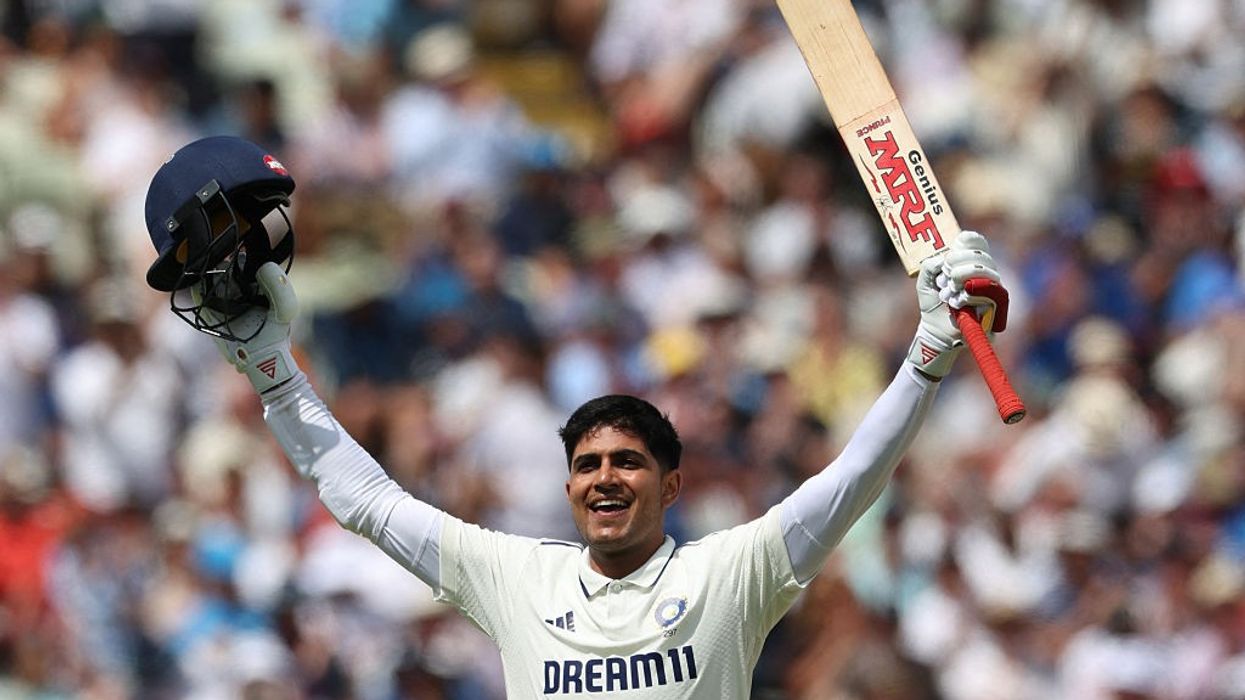Chess players perform objectively worse and make more suboptimal moves when there is more fine particulate matter in the air, according to a new study.
The researchers assessed and measured the chess players' moves by computerized analysis of their games, the study co-authored by a Massachusetts Institute of Technology (MIT) researcher said.
More specifically, given a modest increase in fine particulate matter, the probability that chess players will make an error increased by 2.1 percentage points, and the magnitude of those errors increases by 10.8 per cent. In this setting, at least, cleaner air leads to clearer heads and sharper thinking, the study said.
"We find that when individuals are exposed to higher levels of air pollution, they make more mistakes, and they make larger mistakes," said Juan Palacios, an economist at MIT, and co-author of the study.
The study appears in the journal Management Science.
Fine particulate matter refers to tiny particles 2.5 microns or less in diameter, notated as PM2.5. They are often associated with burning matter - whether through internal combustion engines in autos, coal-fired power plants, forest fires, indoor cooking through open fires, and more.
The World Health Organization estimates that air pollution leads to over 4 million premature deaths worldwide every year, due to cancer, cardiovascular problems, and other illnesses.
Scholars have produced many studies exploring the effects of air pollution on cognition.
The current study adds to that literature by analyzing the subject in a particularly controlled setting.
In the study, researchers studied the performance of 121 chess players in three seven-round tournaments in Germany in 2017, 2018, and 2019, comprising more than 30,000 chess moves.
The scholars used three web-connected sensors inside the tournament venue to measure carbon dioxide, PM2.5 concentrations, and temperature, all of which can be affected by external conditions, even in an indoor setting, the study said.
Because each tournament lasted eight weeks, it was possible to examine how air-quality changes related to changes in player performance, the study said.
In a replication exercise, the authors found the same impacts of air pollution on some of the strongest players in the history of chess using data from 20 years of games from the first division of the German chess league, the study said.
To evaluate the matter of performance of players, meanwhile, the scholars used software programs that assess each move made in each chess match, identify optimal decisions, and flag significant errors, the study said.
The study said that during the tournaments, PM2.5 concentrations ranged from 14 to 70 micrograms per cubic metre of air, levels of exposure commonly found in cities in the US and elsewhere.
The researchers examined and ruled out alternate potential explanations for the dip in player performance, such as increased noise. They also found that carbon dioxide and temperature changes did not correspond to performance changes, the study said.
Using the standardized ratings chess players earn, the scholars also accounted for the quality of opponents each player faced. Ultimately, the analysis using the plausibly random variation in pollution driven by changes in wind direction confirms that the findings are driven by direct exposure to air particles, the study said.
"It's pure random exposure to air pollution that is driving these people's performance," said Palacios.
"Against comparable opponents in the same tournament round, being exposed to different levels of air quality makes a difference for move quality and decision quality," said Palacios.
The researchers also found that when air pollution was worse, the chess players performed even more poorly when under time constraints.
The tournament rules mandated that 40 moves had to be made within 110 minutes; for moves 31-40 in all the matches, an air pollution increase of 10 micrograms per cubic metre led to an increased probability of error of 3.2 per cent, with the magnitude of those errors increasing by 17.3 per cent, the study said.
"We find it interesting that those mistakes especially occur in the phase of the game where players are facing time pressure," said Palacios.
"When these players do not have the ability to compensate [for] lower cognitive performance with greater deliberation, [that] is where we are observing the largest impacts," said Palacios.
(ANI)

















